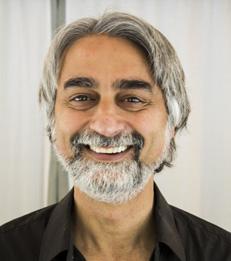The Paradigm Shifts in Artificial Intelligence.

By Vasant Dhar
Artificial intelligence (AI) captured the world’s attention in 2023 with the emergence of pre-trained models such as GPT, on which the conversational AI system ChatGPT is based. For the first time, we can converse with an entity, however imperfectly, about anything, as we do with other humans. This new capability provided by pre-trained models has created a paradigm shift in AI, transforming it from an application to a general-purpose technology that is configurable to specific uses. Whereas historically an AI model was trained to do one thing well, it is now usable for a variety of tasks such as general conversations; assistance; decision making; and the generation of documents, code, and video—for which it was not explicitly trained. The scientific history of AI provides a backdrop for evaluating and discussing the capabilities and limitations of this new technology, and the challenges that lie ahead.
Economics Nobel Laureate Herbert Simon, one of the pioneers of AI who coined the term “artificial intelligence”, described it as a “science of the artificial.” In contrast to the natural sciences, which describe the world as it exists, a science of the artificial is driven by a goal, of creating machine intelligence. According to Simon, this made AI a science of design and engineering. Just five decades later, pre-trained models have greatly expanded the design aspirations of AI, from crafting high-performing systems in narrowly specified applications, to becoming general-purpose and without boundaries, applicable to anything involving intelligence.
The evolution of AI can be understood through Kuhn’s theory of scientific progress in terms of “paradigm shifts.” While philosophers of science have debated Kuhn’s multiple uses of the term “paradigm” in his original treatise, I use it in a generic sense to signify a set of theories and methods accepted by the community to guide inquiry. It’s a way of thinking favored by the scientific community.
Read the full Communications of the ACM article.
__
Vasant Dhar is Professor at the NYU Stern School of Business and the Center for Data Science, and host of the podcast Brave New World at BraveNewPodcast.com that focuses on the world that our future selves will inhabit.
